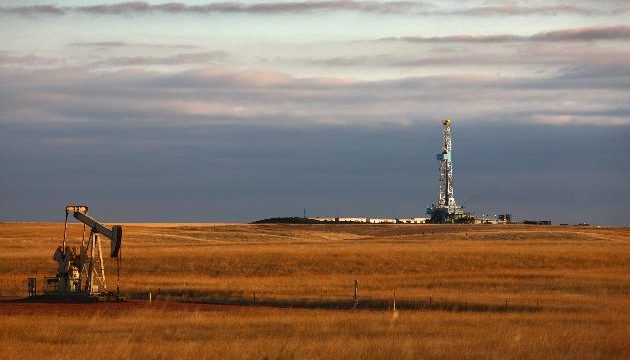Why Iowa Approving The Dakota Access Pipeline Is A Big Deal For North Dakota

Normally when people start texting me about a breaking news story it isn’t related to regulatory approval for a pipeline. Yet this afternoon my phone was buzzing with news that regulators in the State of Iowa gave their unanimous blessing to the Dakota Access pipeline.
The final meeting to approve the pipeline lasted only ten minutes, probably to blunt the opportunity for environmental zealots in the audience to make a scene:
DES MOINES, Iowa — The Iowa Utilities Board agreed Thursday to issue a permit to a Texas-based company seeking to build a crude oil pipeline to connect the Bakken oilfields in North Dakota to a shipping hub in Illinois by passing diagonally through Iowa.
Board members voted 3-0 to issue a 175-written order. The meeting lasted less than 10 minutes and opponents present stood up to verbally express their concerns, saying “I’m an Iowan and I vote no.”
I’m certain there will now be a round of lawsuits aimed at stopping the pipeline. The political extremists fighting to keep any oil from being produced anywhere in the United States are fighting a war of attrition.
Regulators in North Dakota, South Dakota, and Illinois have already signed off. Iowa was the last hurdle.
As to why this is important to North Dakota, it’s all about the price of transporting our oil.
When it comes to the health of North Dakota’s oil industry, everybody talks about the price of oil. What gets less attention is the price of production. And in North Dakota, transportation is a big part of that cost.
“Bakken transport costs are some of the highest in the country,” energy analyst Michael Filloon wrote in a post for SAB earlier this week. “Distance to refineries and a lack of pipeline capacity are the main reasons. It only costs Saudi Arabia $1.90/barrel to ship oil to the US East Coast. This is why Bakken crude trades at lower realized prices than other areas of the country.”
The Dakota Access pipeline would be a large addition to North Dakota’s pipeline capacity. The line will likely carry 450,000 barrels per day – and could take as much as 570,000 barrels per day – of Bakken crude oil from Stanley, North Dakota, down to Illinois (the stars on this map are terminals where the pipeline can on-ramp oil):

At current levels of production, that’s anywhere from about 40 percent to 50 percent of North Dakota’s entire oil output.
That’s a lot of capacity. That will change the price of exporting oil out of the state of North Dakota. That price change will make North Dakota oil production more resilient to lower per-barrel prices.
That’s very, very good news.




